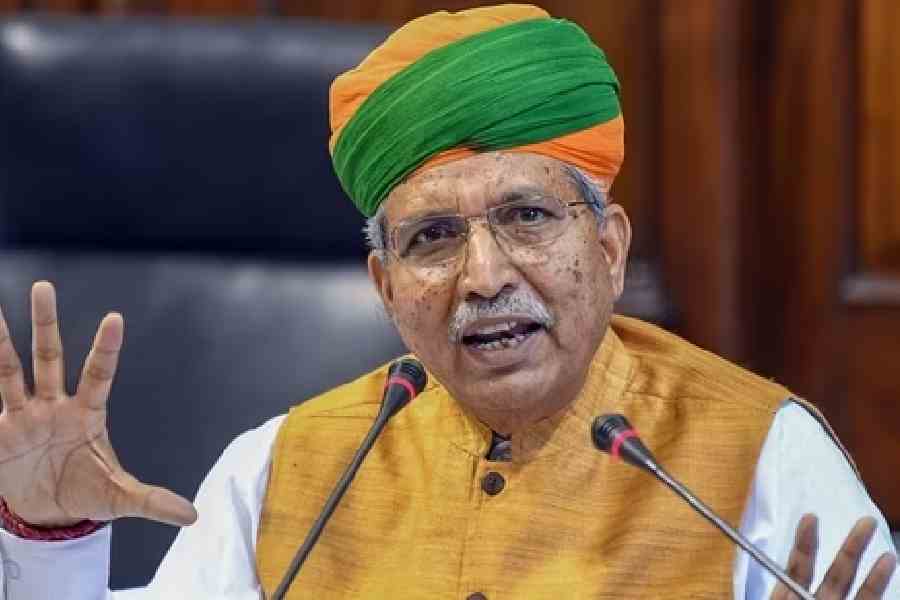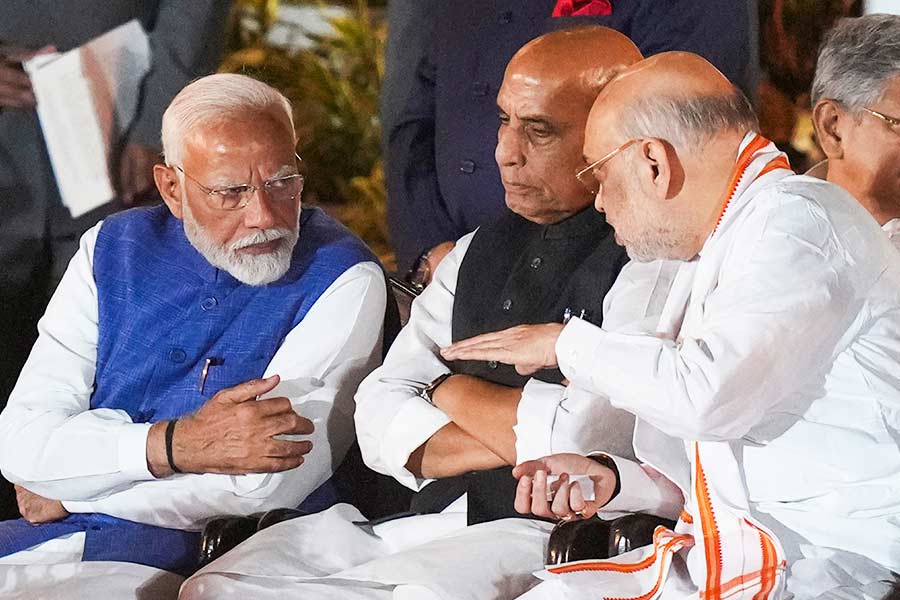Union Minister of State for Law and Justice (Independent Charge) Arjun Ram Meghwal on Sunday said the new criminal laws will be introduced from July 1, dismissing opposition allegations of not being consulted before the decision was made.
Meghwal said the Indian Penal Code, Code of Criminal Procedure, and the Evidence Act will be replaced by the Bharatiya Nyaya Sanhita, Bharatiya Nagarik Suraksha Sanhita, and Bharatiya Sakshya Act.
He added that necessary training programmes and infrastructure development for implementing the new laws are already underway.
"The three new laws will be implemented from July 1 for providing timely, speedy, and error-free justice," Meghwal said during the inaugural session of 'India's Progressive Path in the Administration of Criminal Justice System' held here on Sunday.
Meghwal addressed allegations of inadequate consultation, saying, "Some people claim they were not consulted. This is untrue. The demand for change of colonial laws has been long-standing, and the process began long ago." The minister explained that although suggestions were sought from all states, only 18 states and six Union Territories responded. "Even the Chief Justice of India, chief justices of 16 high courts, five law academies, and 22 law universities provided their suggestions," he said.
"We contacted all MPs, but only 142, including members from both houses, responded. Suggestions were also requested from all MLAs nationwide, with only 270 responding. We consulted widely, but not everyone provided feedback," Meghwal added.
"These laws were formulated after four years of thorough consideration. Claims of no consultation are false. Full consultations were held, including 58 meetings chaired by Home Minister Amit Shah," he emphasised.
Meghwal further explained the necessity of moving away from colonial-era laws due to societal advancements and technological involvement.
"With changing times and new technologies, there must be improvements. Citizens were not receiving timely justice, so we have included zero FIR, mercy petition, and gender neutrality. The system had issues, which is why changes are being made," he reasoned.
He concluded by stating that the new laws are people-centric and timely, aligning with India's rapid development.
Also present at the event were Chief Justice of Calcutta High Court TS Sivagnanam, secretary of the ministry of law and justice Rajiv Mani, and member secretary of the Law Commission of India Reeta Vasishta.
Except for the headline, this story has not been edited by The Telegraph Online staff and has been published from a syndicated feed.












